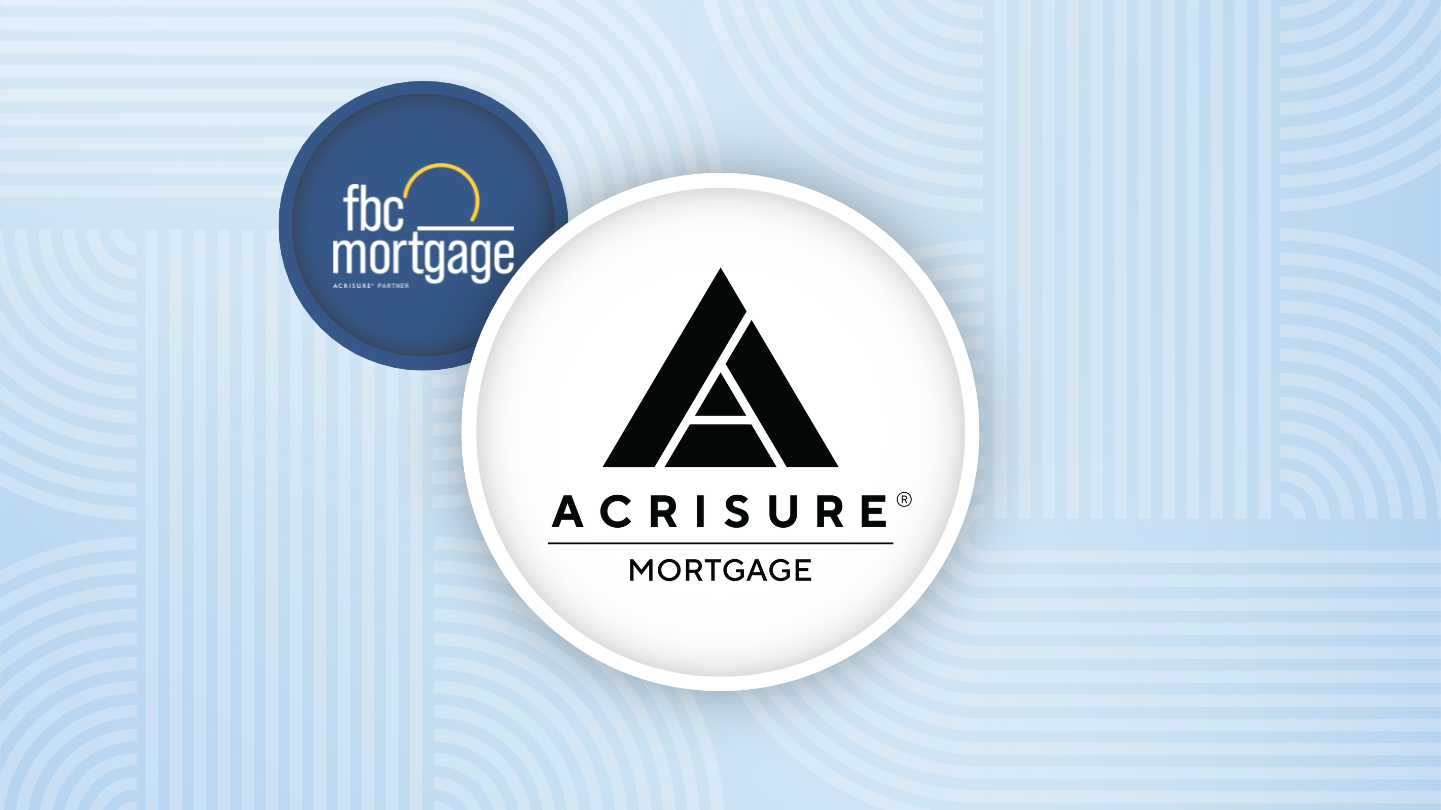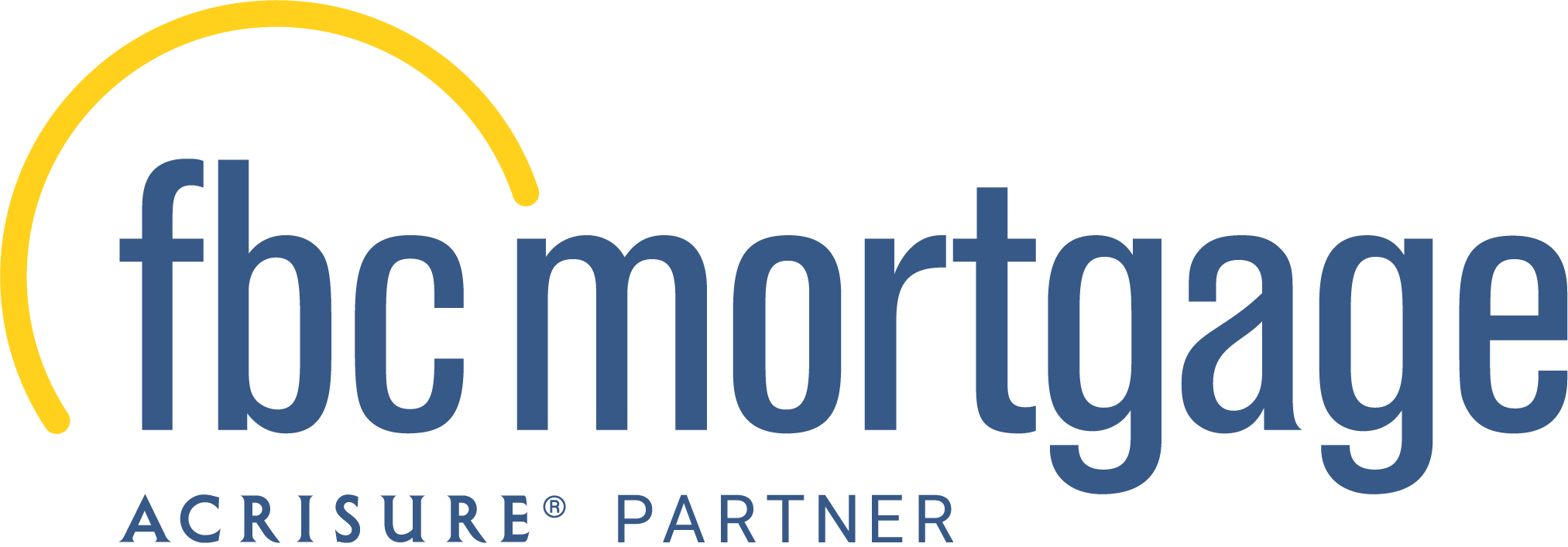If you’re looking to purchase a home and you are searching for ways to maximize its value, understanding seller concessions and other incentives could greatly benefit you. In some situations, the seller can contribute to your closing costs and other out-of-pocket expenses and help make your purchase more affordable. Offering a contribution can also benefit the seller by making the listing more attractive to potential buyers. The most common ways sellers contribute to the purchase of a home are in the forms of seller concessions and other incentives.
Make your homeownership dreams a reality.
Take the first step and apply online with FBC Mortgage.
Make your homeownership dreams a reality.
Seller Concessions
What are seller concessions?
To put it simply, a seller concession is when the seller pays a portion of the costs associated with buying a home. Some examples of these costs are closing costs (like origination fee, title insurance, or credit report fee), prepaid expenses (such as homeowners insurance and property taxes) and rate buydowns. The seller can contribute toward specific closing costs or as a percentage of the purchase price. The concessions are deducted from the seller’s proceeds, meaning they won’t have to pay out of pocket.
How does someone get seller concessions?
Typically, seller concessions will be negotiated as part of the purchase agreement. For example, let’s say you want to buy a $400,000 home. You decide to offer full asking price but ask the seller to contribute concessions of 3%, or $12,000 toward your closing costs. As you can see, this would greatly lessen your cash due at closing.
Knowing the market will help you when it comes to negotiating. During a seller’s market (high demand and low supply), it may be harder to get the seller to agree to concessions. A buyer’s market, however, could potentially give you an advantage when requesting concessions from the seller. Another key part to negotiation is knowing what to ask for and making sure you are not asking for too much. Your real estate agent can help advise you on what to ask for and negotiate on your behalf with the seller’s agent.
What are the limitations around seller concessions?
The limitations on seller concessions vary depending on the loan type and other factors involved in the home purchase, such as down payment percentage. These limitations are put into place by housing agencies to mitigate housing inflation. Although lenders may have additional policies that limit the allowable contributions, here are the common limitations:
Conventional Loans
- Down payment less than 10%: Maximum contribution is 3% of the purchase price
- Down payment between 10 and 25%: Maximum contribution is 6%
- Down payment greater than 25%: Maximum contribution is 9%
- Investment properties: Limited to 2% of the purchase price, regardless of the down payment
FHA and USDA Loans
- The maximum contribution is 6% of the purchase price
VA Loans
- Sellers can contribute up to 4% in concessions
- For VA loans, concessions can also go toward the buyer’s debt payoff and the VA funding fee
Other Incentives
In some situations, there may be advertised incentives for the buyer on a home listing. You may see builders offering home upgrades or design center credits as a way to make their new home more attractive to potential buyers. Builders often have relationships with mortgage lenders and may be able to offer a specific interest rate on select homes.
If you are buying a resale property, you may see the home seller offering to provide a home warranty that covers major systems and appliances for a year or more. Additionally, after the home inspection is completed, the appraiser or inspector may find a few things that need to be repaired or replaced. This is a situation where you could consider asking the seller to meet you halfway on the repair costs or provide a credit for that amount off the final purchase price.
Concessions and incentives can help both sides of a purchase transaction by maximizing affordability for the buyer and potentially decreasing the amount of time the seller’s home is on the market. Whether you’re a first-time homebuyer with little cash on hand, a builder with finished homes ready to sell, or you’ve found yourself interested in a house that ends up needing repairs, utilizing seller concessions, incentives or other credits may benefit you greatly in this process. It’s always a good idea to speak with a mortgage professional when navigating the world of seller-paid contributions and what is allowable for your loan.
Ready to learn more?
Connect with one of our loan officers in your area today.
Ready to learn more?
Why Choose FBC Mortgage?
FBC Mortgage, LLC is a leader in helping home buyers with fast and simple loans. We’re dedicated to exceptional customer service and are always available when you need us most, even at night and on the weekend. We’ll help you navigate your new home purchase, and keep you updated along the way with weekly check ins, so you know you’re taken care of. That’s one of the many reasons why 95% of our clients would recommend us to their friends and family. It’s also why the nation’s top home builders and Realtors trust FBC to help their new home buyers.
Buying a home is one of the most important financial decisions you will make. Understanding mortgages and the home buying process can help make it less stressful, and so can partnering with a mortgage lender you can trust. At FBC Mortgage, LLC, we’re dedicated to helping home buyers finance their dream home.
All information presented is for educational purposes only and not intended as financial advice. FBC Mortgage, LLC is a national mortgage lender headquartered in Orlando, Florida. Specializing in residential mortgage lending, including purchase, refinance, construction, and renovation loans. See what our clients have to say. NMLS#152859 EHL ©2024.

FBC Mortgage Officially Rebrands as Acrisure Mortgage July 1, 2025
Whether you’re looking to establish permanent residence, purchase a vacation home, or invest in U.S. real estate, Foreign National loans can help you achieve your goals.

Home Financing for Foreign Nationals
Whether you’re looking to establish permanent residence, purchase a vacation home, or invest in U.S. real estate, Foreign National loans can help you achieve your goals.

Maximizing Your Home Equity
Homeownership comes with many advantages. Explore three ways to maximize your home equity: Home Equity Line of Credit (HELOC), Home Equity Loan (HELOAN), and Cash-Out Refinance.




















